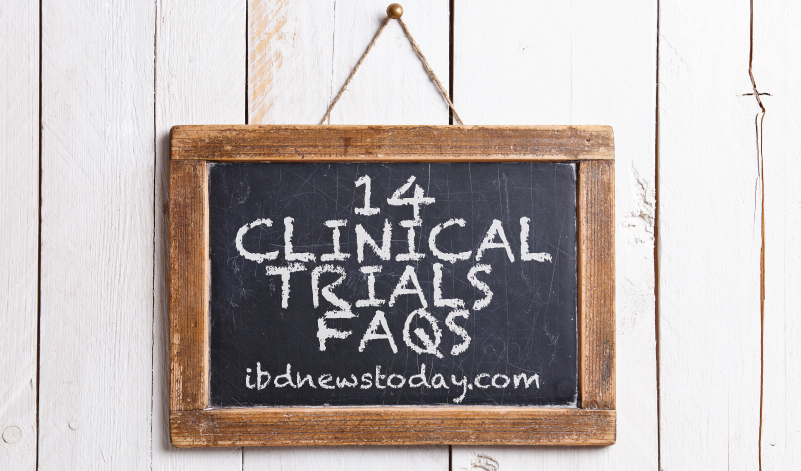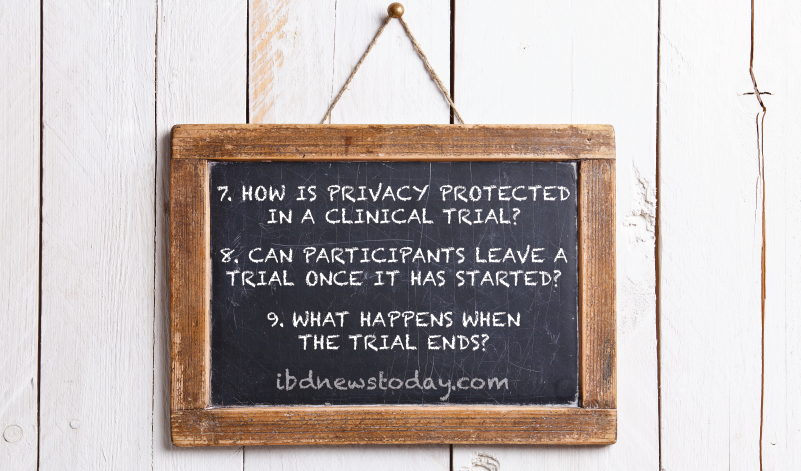7. How is privacy protected in a clinical trial?
People who participate in a clinical trial are anonymous except to the professionals conducting the trial. These professionals are not allowed to reveal the identity of people participating in the trial to anyone who is not involved in the study.
Personal information that is collected during the trial has to be protected, for example, in locked file drawers or in password-protected computers.
Any reports made available to the public about the data collected in a clinical trial cannot contain any information which identifies the people participating.
8. Can participants leave a clinical trial once it has started?
It is the right of the participant to leave a clinical trial for any reason at any time. If a participant is receiving a treatment, it is important to consult with a physician to make sure it is safe to stop the treatment or to help taper off the treatment or replace it with a different treatment.
9. What happens when the trial ends?
After the trial ends, the investigators will begin to analyze the data that has been collected during the trial. They will write up reports about what they have found and submit them to a treatment approving agency, such as the FDA. The agency will make decisions about whether the treatment will move further into other trials, or whether it will be approved.
The study researchers may also write reports about what they have found in the trial, which are made available to the public. These reports could be published as presentations at medical conferences, or as scientific papers in medical journals. Often a drug company will issue press releases on their web site, describing where the data has been presented.


